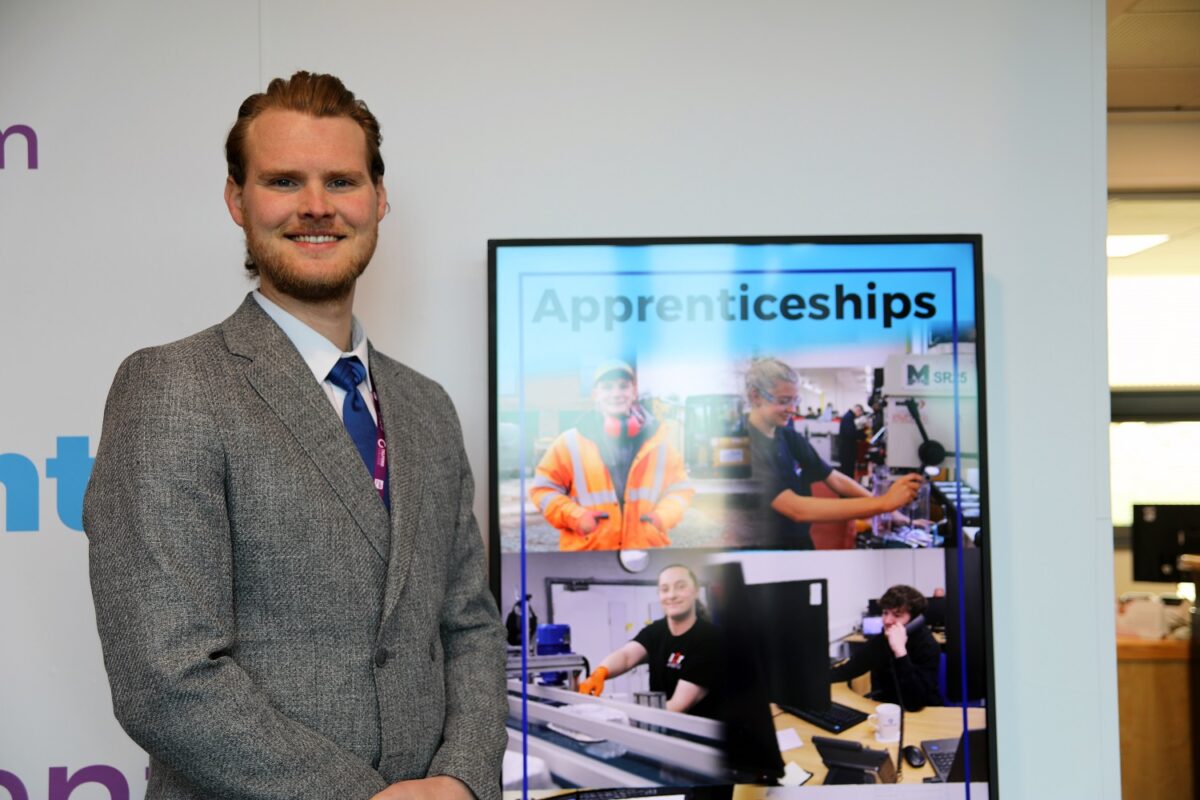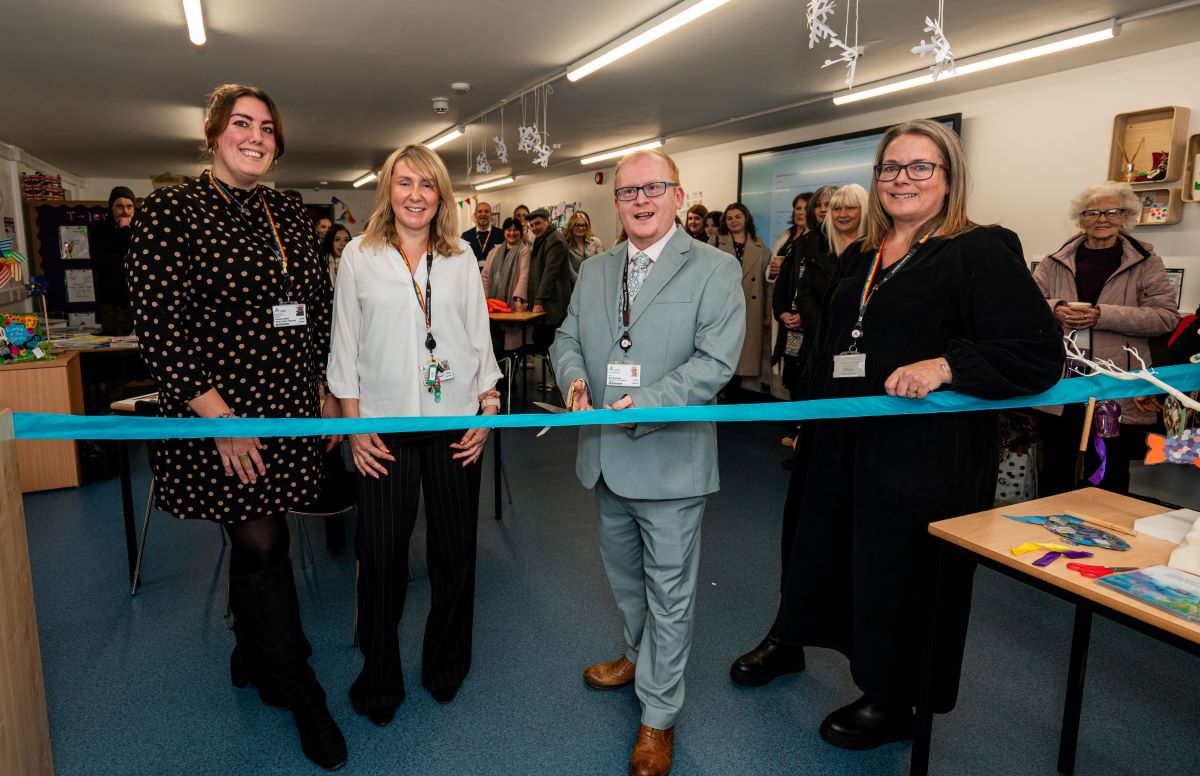What’s Coming in 2025

2024 gave us big headlines – now 2025 is about delivery. As the a year gets underway, the pressure is on the government to turn words into action.
Skills England: Time to Deliver
Spring 2025 marks the arrival of Skills England’s CEO and Board – the people who must drive real change. Coordinating national data, the patchwork of regionally devolved powers and employers is no mean feat. Will they have the powers to push cross-department collaboration and close the skills gap? Last year, we supported Lord Lucas in his amendment to IfATE Bill calling for a new Chief Skills Adviser – could this be the answer?
Another big job for Skills England in 2025 will be to provide some much-needed detail about the Growth and Skills Levy. Labour’s intention to flex the levy was announced by Keir Starmer in Opposition back in 2022, but how much employers can spend and on what non-apprenticeship skills training are the key, unanswered questions. Our ‘Flex Without Compromise’ report warned dwindling apprenticeship opportunities for young people could be eroded further still if the apprenticeship funding pot is squeezed. We’ve heard some indications that the Government is listening (see Bridget Phillipson’s comments on the new Homebuilding Skills Hubs or Starmer’s 2024 Conference speech pledge to “rebalance” the training system “back to young people”) but removing Level 7s from the scope of the levy in the hope that businesses will take on younger people at Level 2 or 3 probably won’t satisfy many employers or policy wonks. Conversations are already underway with employers in priority growth sectors to gauge what non-apprenticeship courses should be funded by the levy but we hope the detail on this (expected in early 2025) will take into account wider trends.
For example, the OECD’s latest Adult Skills Survey gives us a wake-up call: 1 in 3 workers in England are overqualified for their jobs. That’s wasted talent. The challenge? Skills mismatches hurt efficiency and economic growth. The opportunity? It’s huge for the FE and HE sectors, Skills England, and the Government’s ‘Get Britain Working’ pledge.
The Missing Middle
As the IFS has pointed out, the UK has a ‘missing middle’ at Levels 4 and 5. Over half of school leavers don’t go to university, but clear pathways and suitable guidance for them simply don’t exist. IfATE’s Occupational Maps have gone some way to clarify technical options but we are still focused on the familiar during school time: the well-trodden, GCSE-A Level-University route.
Unsurprisingly:
- Applications for Levels 4/5 have dropped 12% since 2019 (UCAS).
- Nearly two-thirds don’t even know about Higher Technical Qualifications (HTQs).
At the same time, Government rhetoric (and sometimes policy research) continues to focus on degree-level education. The Learning and Work Institute identified a ‘skills chasm’, with 71% of Londoners expected to hold a degree by 2035, compared with 29% in East Yorkshire. Yes, absolutely we need to narrow regional inequalities, but if we really want to inspire growth and opportunity, we also need to go further with the analysis and look at the types and levels of skills that young people really need for a changing jobs market, now and in the future.
Skills England must go beyond this tunnel-vision and look at the buffet of truly excellent technical and vocational courses the Growth and Skills Levy can support.
Degree Apprenticeships
Degree Apprenticeships stand out as particularly valuable courses that deliver in both theory and practice, but their availability is hampering access (watch out for our upcoming report on this). Our recent research report finds that interest in Degree Apprenticeships is particularly strong in schools with a greater proportion of higher-attaining students and in the non-state sector. However, despite 101 HE institutions offering Degree Apprenticeships, the supply of opportunities doesn’t meet demand or need. Post-92 institutions have picked up the natural baton, whilst many Russell Group universities have shied away. We need to make it much easier for all stakeholders to play their part – reducing the administrative burden, easing lines of communication, and engaging small employers.
Curriculum and Assessment: Evolution or Stagnation?
The Curriculum and Assessment Review will provide a few, key moments in 2025. “Evolution, not revolution” sounds good – but will the final plan win over teachers, parents, and employers? Lord Blunkett warned of the political risk, saying ‘tinkering is not enough’ to move the polls in 2025, and closing the opportunity gap certainly requires funding, proper vocational education and training pathways and guidance, CPD, and a real strategy to recruit and retain teachers. As the Government itself says:
“Too many are denied the opportunity to participate in arts, digital and sports subjects that develop life skills, like communication, teamwork, and digital skills, which are essential for their futures.” – Breaking Down Barriers to Opportunity.
We have seen the impact of this in the ‘Young Lives, Young Futures’ study by King’s College London, supported by Edge, where students who are inclined to pursue creative or vocational subjects report feeling ‘alienated’ in school. The curriculum review must deliver a bold vision for how to make school a place where all students can feel welcome and thrive.
Collaboration is Key
To tackle mismatches, shortages, and vacancies, stakeholders across education, employers, and policymakers must pull together. As the FE Collective report highlights, collaboration is the only way forward.
Let’s keep the conversations going between Government departments, with devolved authorities (both national and regional), with education practitioners on the ground, with our researchers, and, crucially, with young people themselves.
At the Edge Foundation, we’re ready to keep driving the conversations, research, and action needed to close the skills gap. Keep an eye out for our regular series of Skills Shortages Bulletins, helping you keep up to date with the latest approaches to tackling skills gaps. The Prime Minister wants to see the UK achieve the fastest growth in the G7 but this will need to be turbocharged by nothing short of a skills revolution. Let’s make it happen.
By Alice Gardner is CEO at the Edge Foundation











Responses